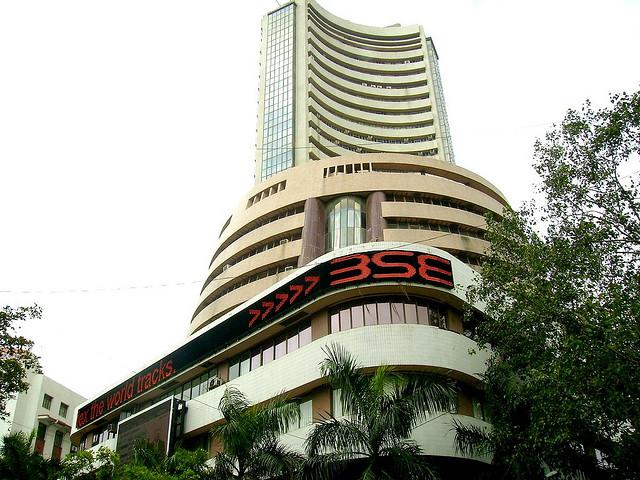India’s foreign exchange and interest rate traders have turned cautious in the wake of a deadly militant attack in Kashmir, heightening concerns over escalating tensions between India and Pakistan. Suspected militants killed 26 individuals at a popular tourist destination in Kashmir, marking the worst attack on civilians in nearly two decades. Indian Foreign Secretary Vikram Misri confirmed cross-border involvement in the attack.
In response, New Delhi has suspended a long-standing river-sharing treaty with Pakistan and closed the only land crossing between the two nuclear-armed nations. This has contributed to a significant drop in the Indian rupee, which saw its worst performance in two weeks following the attack. The rupee continued to weaken on Thursday, falling to 85.6625 against the U.S. dollar.
Market participants are uneasy about the potential responses from New Delhi, particularly in light of the attack. A senior treasury official noted that while it is challenging to quantify the exact impact of each factor, the Kashmir attack played a role in the rupee’s decline, coupled with the broader recovery in the dollar index.
In addition to the rupee’s fall, dollar/rupee forward premiums rose as the rupee weakened further. Indian bonds also saw a dip, and interest rate swaps experienced increased volatility. Despite the relatively small size of these movements, market participants are reacting to the uncertainty surrounding the situation.
Alok Sharma, head of treasury at ICBC, indicated that the 10-year bond yield is likely to remain above 6.30% due to heightened caution in the market. This sentiment is reflected in increased interest in OIS and forward premiums.
Kashmir, a longstanding flashpoint between India and Pakistan, has been the site of numerous military conflicts and diplomatic standoffs. As tensions rise once again, traders remain focused on the uncertain political and economic outlook, with the path forward dependent on how the situation unfolds.




